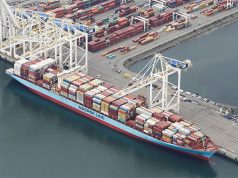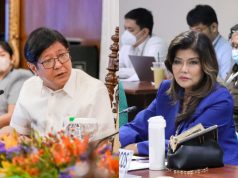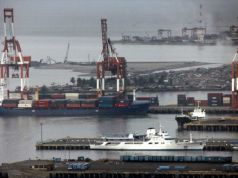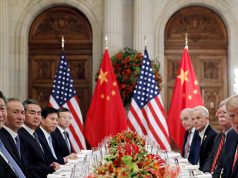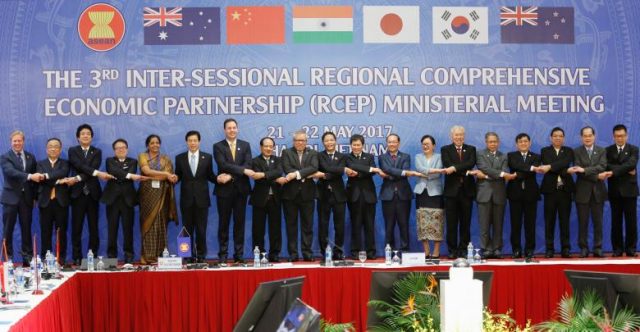
MANILA – The Philippine government should promote and protect Filipino industry instead of pursuing one-sided free trade agreements (FTAs), research group IBON said, after participating countries in the Regional Comprehensive Economic Partnership (RCEP) recently said the regional trade deal would continue their strong economic performance.
According to IBON, the government should only enter economic deals with countries on the basis of equal footing and mutual cooperation to benefit the Filipino people and domestic economy more than big foreign firms.
Heads of state from the Association of Southeast Asian Nations (ASEAN) and its trade partners such as China, Japan, India, Korea, Australia, and New Zealand attended what is called the first RCEP Summit. The meeting aimed to ensure participating countries’ commitment to swiftly conclude the regional trade deal by early next year.
In a joint statement, the countries’ leaders claimed that trade openness and regional economic integration have cushioned their economies from the global financial crisis, increasing protectionism, and opposition to globalization, IBON noted in a press statement Tuesday. It quoted the leaders also saying that the RCEP would increase economic growth and resiliency, improve people’s living standards, and result in development.
IBON said, however that decades of one-sided FTAs with the same neoliberal framework have only weakened the Philippine economy and prevented development. The share of production in the gross domestic product (GDP) fell from some 60% in the 1950s to only 39.2% in 2016. During the same period, agriculture declined from more than 30% to 9.2 percent. Manufacturing share also fell to 24.3% of GDP, aside from becoming increasingly dominated by foreign transnational corporations (TNCs), said IBON.
“The lives of the Filipino people have not improved. There are 11.5 million unemployed and underemployed Filipinos as of 2016. Some 66 million Filipinos live on P125.00 or less per day, while 21.9 million struggle to live on P60.00 per day.”
The group also noted that RCEP trade partners Japan, China, Australia, and India continue to implement protectionist measures. A 2017 Global Trade Alert Report found that the G20 (Group of 20) — the world’s largest and emerging economies, including said RCEP trade partners — have increasingly resorted to protectionist policies since the 2008 global financial crisis. The G7 (Group of 7) industrialized countries in particular accounted for a growing share of the G20’s protectionist measures.
IBON also noted that, among others, RCEP’s targeted completion in 2017 will not be met simply because India insists on its right to protect its economy from the expected deluge of Chinese products once it accedes to the 92% trade in goods liberalization stipulated in RCEP.
IBON said that protectionism by the advanced industrialized powers and even developing countries should prompt the Philippine government to reconsider its involvement in the “one-sided” RCEP. The Philippine government should instead prioritize building the country’s own strong and self-reliant economy as a premise in pursuing any foreign relations.
The group said the Duterte administration should seek or otherwise build bilateral, regional and multilateral deals that support the development aspirations of underdeveloped countries. International deals should not reduce underdeveloped trade partners to being mere suppliers of cheap labor and raw materials, nor keep them captive market that foreign firms dump their products in.




